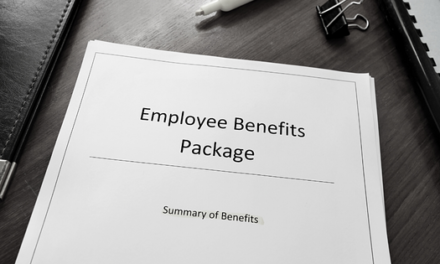Investing in property can be a powerful way to build wealth and secure long-term financial stability.
Real estate can generate regular rental income, usually benefits from long-term capital growth, and can also diversify your investment portfolio.
Choosing the right property manager can make or break your investment, whether you’re renting out a single unit or managing a portfolio of properties.
A good property manager will not only handle the day-to-day operations but also provide guidance on how to maximise your return on investment.
Here are the five key pointers to help you find a reliable property manager:
1. Experience and Specialisation
Look for a property manager with experience relevant to your type of property. Whether it’s residential, commercial, or industrial, expertise in managing similar properties will mean they can better handle issues and tenant needs.
An experienced property manager will also be familiar with local regulations, ensuring your property remains compliant and operationally efficient.
A good property manager will also have an established network of contractors, service providers, and leasing agents, helping you maintain the property cost-effectively.
2. Transparent Communication
Effective communication is essential in property management. A good property manager should provide regular updates, be responsive to tenant inquiries, and proactively address any issues that arise. This transparency ensures that, as an owner, you’re always in the loop and can make informed decisions.
A property manager who maintains open lines of communication is better equipped to handle conflicts or maintenance requests promptly, ensuring tenant satisfaction and retention. Clear communication also builds trust, allowing property owners to focus on their broader property investment strategy.
3. Financial Management Skills
The financial side of property management requires experience and a meticulous approach. The right property manager should not only collect rent and pay bills on time but also offer detailed financial reporting. Ask for examples of their reporting structures to ensure they provide the transparency you need.
A property manager with strong financial skills can help you identify cost-saving opportunities, avoid potential legal issues related to finances, and maintain a steady cash flow.
4. Tenant Management
One of the primary responsibilities of a property manager is to handle all tenant-related matters, from screening prospective tenants to addressing lease renewals and disputes. A good property manager will have a stringent screening process to ensure you find reliable tenants who pay on time and take care of the property.
Their expertise in tenant relations reduces turnover, mitigates vacancy risks, and ensures smoother operations overall. This will ultimately save you time, money, and stress in the long run.
5. Problem-Solving Ability
A property manager should be adept at problem-solving. Whether it’s a maintenance emergency, a tenant dispute, or an unexpected vacancy, a skilled manager will know how to handle these challenges swiftly and efficiently.
Finding a good property manager who can foresee potential issues and proactively address them can reduce the risk of costly problems in the future.
Conclusion
There are many benefits to purchasing property. To maximise your return on investment, finding the right property manager is crucial for protecting your investment and maximising returns.
By focusing on experience, transparency, financial skills, tenant management, and problem-solving ability, you’ll be well-equipped to choose a manager who can successfully oversee your properties.





















